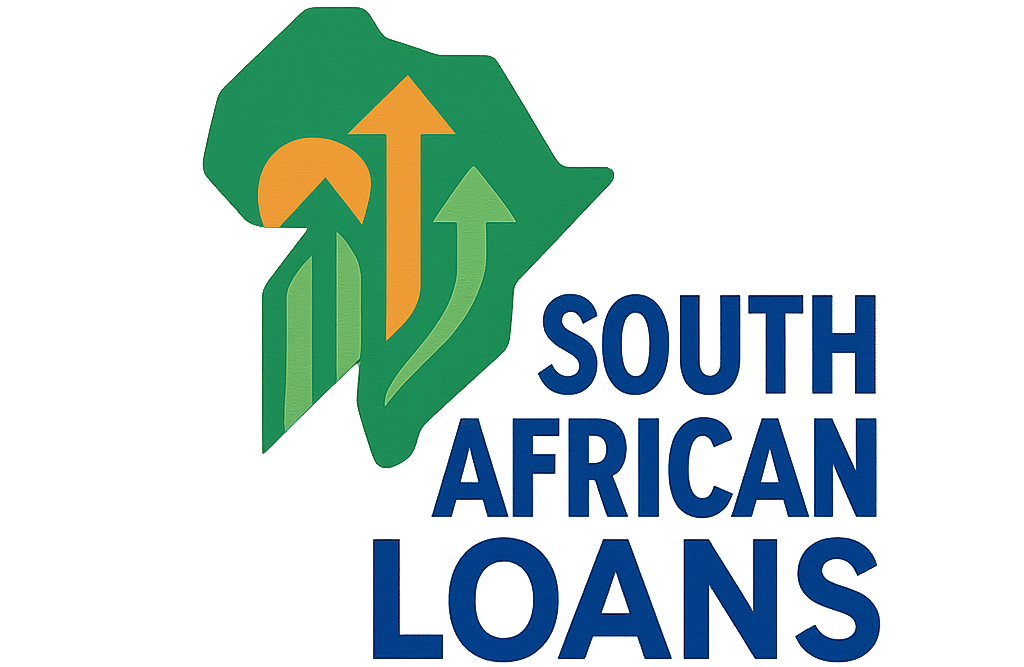Starting a business through franchising offers a real chance for growth, community impact, and personal achievement. For women in South Africa, owning a franchise can be a path toward breaking barriers in markets that have often been led by men. Yet, one big question always pops up: How do you secure the right financial support? Speaking from experience, I have found that custom franchise financing solutions created for women entrepreneurs can truly make a difference, whether you’re just getting started or looking to grow an established franchise.

Why Franchise Financing Is Important for Women in South Africa
South Africa’s franchise sector plays a key role in building jobs and supporting the economy. By operating under a proven model with a recognizable brand, franchising helps business owners cut down common startup risks. Still, women face some unique funding challenges. Traditional financing can be challenging to access due to bias, stringent collateral requirements, or inadequate guidance on the process.
Many talented women bring passion, insight, and drive, but finding the right mix of funding, mentorship, and community support is absolutely crucial. In response, some financing programs have adjusted their approach, offering solutions tailored to women’s needs—these programs boost confidence and help smooth the entrepreneurial journey.
Understanding Custom Franchise Financing Options
Custom franchise financing solutions are built to be flexible and helpful, making sure both business needs and the specific challenges facing women are addressed. Here are a few ways these solutions are structured:
- Loan Packages: You can get traditional loans from big banks or lenders who focus on franchises. Certain programs even provide reduced interest rates, give you longer to pay back the loan, or show extra support for first-time business owners who are women.
- Grants and Development Funds: Non-repayable grants, or programs that split funding responsibilities, come from departments like the Department of Small Business Development or the Small Enterprise Finance Agency (SEFA). Their goal is to get more women into franchise ownership, with a focus on creating local jobs and boosting the community in industries like food, retail, and service businesses.
- Private Investment: Some women go for private investors or venture capital funds, which can be more open to socially conscious businesses. These options might also come bundled with mentorship and access to strong business networks.
- Alternative Lending: South Africa has seen a rise in peer-to-peer lending and crowdfunding. These routes often have fewer hurdles and let women gather up startup capital from friends, supportive networks, or even other business owners.
- Franchisor-Backed Financing: Certain franchise brands offer their own funding solutions. Examples include in-house loans, supplier discounts, or plans that let you delay payment for a while. Brands sometimes design these systems to make doors open wider for women and other underrepresented entrepreneurs.
Steps to Secure Franchise Financing in South Africa
If you want franchise funding, planning is key. Over the years, here is a step-by-step approach that has worked for many women entrepreneurs in South Africa:
- Clarify Your Franchise Opportunity: Figure out the setup costs, ongoing fees, and earnings potential. Double-check that the franchise matches your own skills, interests, and long-term goals.
- Build a Strong Business Plan: Create a clear plan that shows your understanding of the franchise, the market, likely revenues and expenses, and your commitment. Lenders want to see that you have done your homework on the risks and rewards.
- Check Your Credit and Financial Standing: Look over your current financial picture. Good credit always improves your chances, so if things are shaky, work on paying down debts and getting your finances in order.
- Gather Required Documentation: Most lenders will ask you for documents such as tax returns, proof of assets, bank statements, your franchise agreement, and your ID. Having all of these ready saves lots of time.
- Explore Support Programs and Networks: South Africa offers plenty of great options—groups like the South African Women Entrepreneurs’ Network (SAWEN), Women in Business South Africa, and other industry-specific associations all provide guidance, contacts, and direct links to people with money to lend.
Challenges Faced by Women Entrepreneurs
Women who own franchises face more than just financial barriers. Some of the main challenges to be aware of include:
- Accessing Collateral or Guarantees: It’s common for banks to ask for personal assets as backing for a loan. Due to societal or family conditions, some women may not have these assets available, which makes things more complicated.
- Limited Networking Opportunities: In industries where men are still the majority of business owners, it’s sometimes harder for women to meet mentors or find peer support groups.
- Balancing Family and Business: Responsibilities at home can put extra pressure on businesswomen. Fortunately, flexible financing can help during especially busy times, like important family events or the school holidays.
Tips for a Smooth Franchise Financing Experience
After helping many women walk this road, here are some tried and tested actions for an easier and more successful financing process:
- Speak Directly to Women-Focused Lenders: Reach out to program managers whose main job is women’s enterprise funding. They often give advice that’s a better fit for you.
- Negotiate the Details: Don’t back down from asking for features like a repayment holiday or payments that match your busiest times of year.
- Make Use of Support Groups: In-person and online groups can be both informative and a great source of leads on funding and franchise opportunities that you may not hear about elsewhere.
- Stay Up-To-Date: Laws and programs change. Subscribe to updates from business chambers, franchise associations, and government agencies so you can act on new opportunities as soon as they come out.
- Share Your Success Story: Telling people about your progress builds confidence and could open new funding doors, especially if you can show how your business helps your customers and your wider community.
Features of a Good Franchise Financing Program
Not every financing program is created equal. Here are important features I look for when thinking about franchise financing:
- Transparent Fees: The lender should lay out all details about the interest rate, admin fees, and insurance so you’re not caught off guard later.
- Reasonable Security Requirements: The ability to use lower or alternative forms of collateral is a big plus.
- Business Skills and Training: Courses or workshops on how to manage finances, operations, and marketing really turn up your chances of long-term success.
- Mentorship or Coaching: Access to people who can answer your tough questions and give real-world advice makes a huge difference.
- Networking Opportunities: Access to communities and events built for women helps connect, share ideas, and learn from each other’s experiences.
Practical Examples: How Financing Can Be a Game Changer
I have seen women reach some truly eye-catching milestones when the right financial support is unlocked. One standout is an entrepreneur from Cape Town, who blended grant money and a low-cost loan from a women-focused agency to open a chain of health food franchises. Today, her business employs over 35 people, most of them women from her community, offering not just jobs, but genuine change.
Another businesswoman I know benefited from a franchise partnership that gave her supplier discounts and intensive training sessions. With her new confidence, she set up a family-backed crowdfund and covered her start-up costs without taking on expensive loans.
Frequently Asked Questions
I get asked these a lot by women in South Africa who are exploring franchise financing options:
Question: What is the minimum investment needed for a franchise in South Africa?
Answer: This depends on the franchise brand, location, and setup. Service franchises can start at around R150,000. However, many restaurant or retail franchises require at least R500,000. However, most franchise models require a percentage contribution in relation to the full franchise cost. Always check with the franchise company and your financial partner for the latest info before making a decision.
Question: Are there any special grants for women entrepreneurs?
Answer: There are, including the Isivande Women’s Fund and the Women’s Empowerment Fund. They provide grants and low-cost loans just for women-owned businesses. Read the criteria carefully, as each fund works on its own timeline and requirements.
Question: What if my loan application is turned down?
Answer: Ask the funder for details, so you can improve your business plan or your credit profile. Get support from a mentor or business group. Don’t forget about crowdfunding or alternative lenders; sometimes they say yes when traditional banks say no.
Growing Confidence Through Custom Franchise Financing
Custom franchise funding solutions help even things out, breaking down barriers so more women in South Africa can set up and run successful businesses. Whether it’s your first franchise or your next one, finding a funding solution tailored just for you makes everything smoother. Keep checking out new options, build your network, and be open to creative ways to get the support you need. With persistence, community, and proper planning, the door to business success can swing wide open for women everywhere in South Africa.
